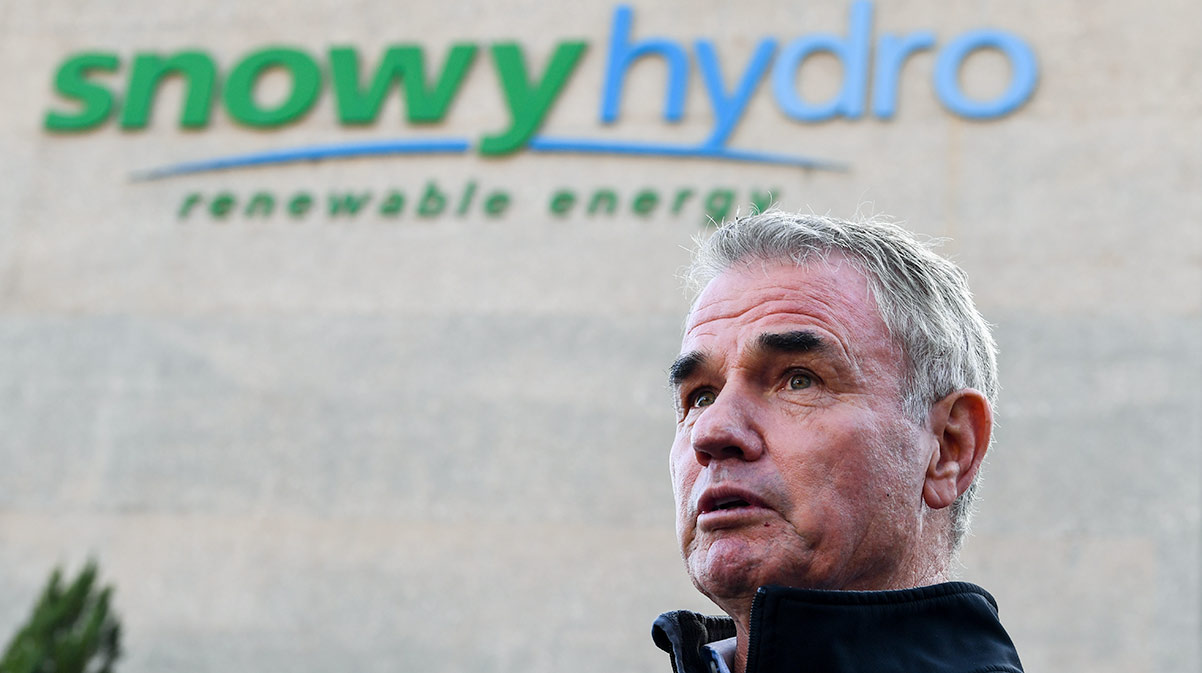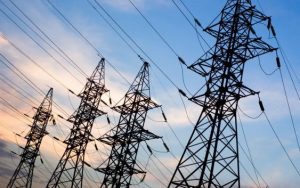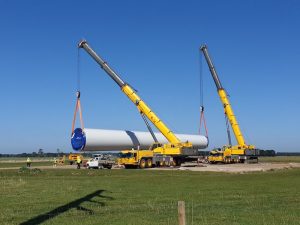Small electricity retailers have welcomed confirmation that competition regulators will investigate potentially uncompetitive bidding behaviour by gas generators that saw wholesale electricity prices spike and forced an aluminium smelter to cut production.
Small electricity retailer Enova wrote to the Australian Competition and Consumer Commission (ACCC) in May, raising concerns about how gas generators were operating within the National Electricity Market, with suggestions that come generators may have been attempting to manipulate the market.
Both the ACCC and the Australian Energy Regulator have confirmed that they would investigate the market behaviour of the generators to determine whether action amounted to uncompetitive market gaming.
“In terms of the activity of Snowy Hydro and the Colongra generator, specifically on 17 and 18 May, that power station was actually offered into the market, but it was offered at a price that was higher than the price that was settled in the market at that time,” Australian Energy Regulator chair Claire Savage told senate estimates.
“At the same time, there was the other Snowy Hydro plant being offered into the market at the market price floor. There was about 1,300 megawatts of hydro capacity that was being offered at negative prices at that point in time.
“It’s not really possible for us at this stage to accurately comment on what Snowy’s motivations might’ve been around offering Colongra. We certainly have limited visibility over the contract market dynamics, but we are obviously going to investigate those high-price events and we will put out our report within 40 business days,” Savage added.
Of particular concern were the bidding practices of Snowy Hydro’s Colongra gas generator, which effectively withheld its capacity from the energy market over the course of multiple days in May that led to a New South Wales aluminium smelter shutting down.
Federal energy and emissions reduction minister, Angus Taylor, leapt onto the fact that the Tomago aluminium smelter was forced to shut down, arguing that it had been caused because there “wasn’t enough power available”, thus justifying the Morrison government’s intervention in the energy market to use Snowy Hydro build another new gas plant at Kurri Kurri.
But in a subsequent senate estimates hearing in May, Snowy Hydro COO Roger Whitby was forced to concede that the 667MW Colongra power station had offered its capacity to the market at the maximum price of $15,000 per MWh. This meant that the only way this power station would be turned on was in the situation where the wholesale market price surged to the extreme market cap.
During this period, when Snowy Hydro effectively withheld the Colongra gas power station from the market, the Tomago aluminium smelter responded by switching off, in an effort to avoid an electricity price spike.
“Most of the Colongra plant at that period was offered in at vol, because we were managing our market positions and our customer base, either directly in terms of our retail business or in terms of our portfolio contracts, using the rest of our plant,” Whitby told senate estimates.” During that period, most of the Colongra plant was offered at approximately $15,000.”
Snowy Hydro added at the time that it wasn’t “in the business” of managing risks for other energy market participants.
“Quite frankly, we’re not in the business of managing somebody else’s customers’ financial business. We’re in the business of managing our own. That means we have to manage the resource both now and into the future in an incredibly unknown and uncertain environment. We manage our risks and, of course, if there were a critical supply shortage that would have been dispatched,” Whitby said.
Chair of Enova Community Energy, Alison Crook, who raised the initial concerns with regulators, welcomed the investigation by the ACCC and the AER into Snowy Hydro’s bidding behaviour.
“The market behaviour of NSW gas peaking plants is driving up the cost of energy. Their role is to provide energy at times of high demand to ensure energy prices are maintained at reasonable levels, but this has not been happening. This sort of behaviour harms households and business consumers and may drive small retailers to the wall,” Crook said.
Head of another smaller electricity retailer, Energy Locals CEO Adrian Merrick, said that the behaviour of the larger energy companies could have a significant influence on the performance of the wider market.
“In recent weeks, we have repeatedly seen gas generators failing to turn on when the wholesale price was rapidly increasing, which then causes the cost of energy to sky-rocket. It’s disheartening to think that generators can play these games,” Merrick said.
Think tank, The Australia Institute, which has advocated for a number of major reforms to the energy market rules to address the market power of major energy companies, said that the potential misbehaviour of Snowy Hydro raised further questions around whether it was appropriate for the Morrison government to spend $600 million on another gas generator to be built and operated by Snowy Hydro.
“We welcome the fact that the ACCC and AER are looking into this issue. It is hard not to see this as market manipulation and Australian consumers and businesses deserve to know why they are losing out, especially if taxpayer funded companies are behind it,” energy regulatory lead at the Australia Institute, Dan Cass, said.
“This behaviour from the gas generators makes a mockery of the government’s so-called gas fired recovery. The supposed reason to build a government-owned gas generator is to increase competition and reduce prices, not contribute to behaviour that forces major industrial users, like the Tomago aluminium smelter, to shut down.”






